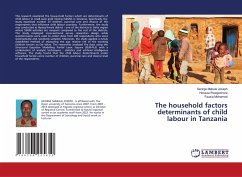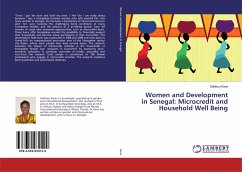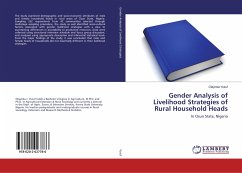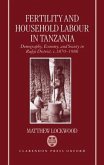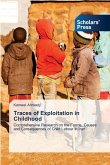This research examined the house-hold factors which are determinants of child labour in small scale gold mining (SSGM) in Tanzania. Specifically, the study examined number of children, parental care and divorce of the respondents that influence child labour practices. Furthermore, the study was conducted at Nyang'hwale district - one of the districts in Geita region where SSGM activities are rampant compared to the rest of the districts. The study employed cross-sectional survey researches design while questionnaires were used to collect data from 209 respondents who were systematically and randomly sampled. Moreover, the study applied a newly established method of measuring the age relative risk of the working children known as Eta Value. The researcher analyzed the data using the Structural Equation Modelling Partial Least Square (SEM-PLS) with a combination of analytic techniques - statistics and artificial intelligence software. The study found that the child labour determinants under household factors were number of children, parental care and divorce level of the respondents.
Bitte wählen Sie Ihr Anliegen aus.
Rechnungen
Retourenschein anfordern
Bestellstatus
Storno

